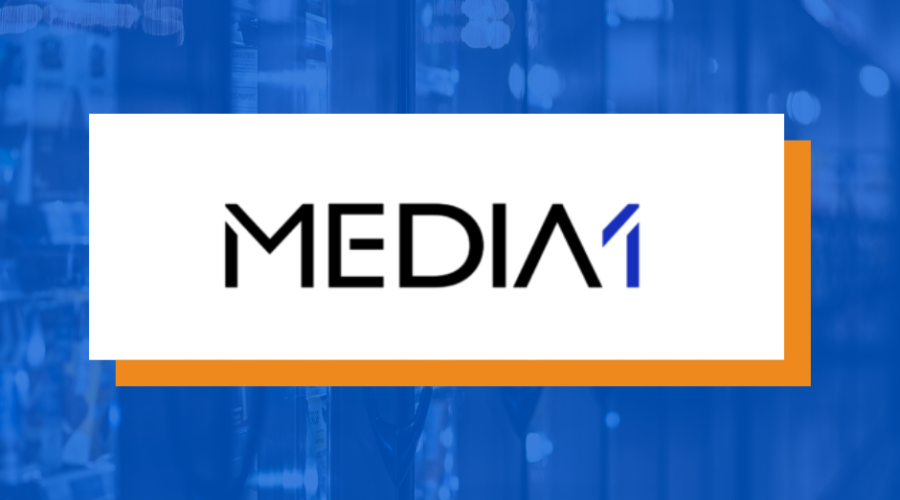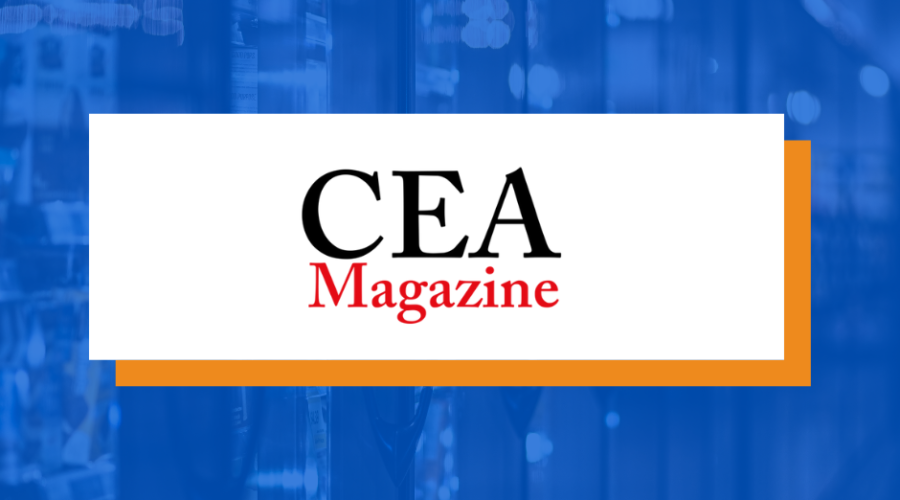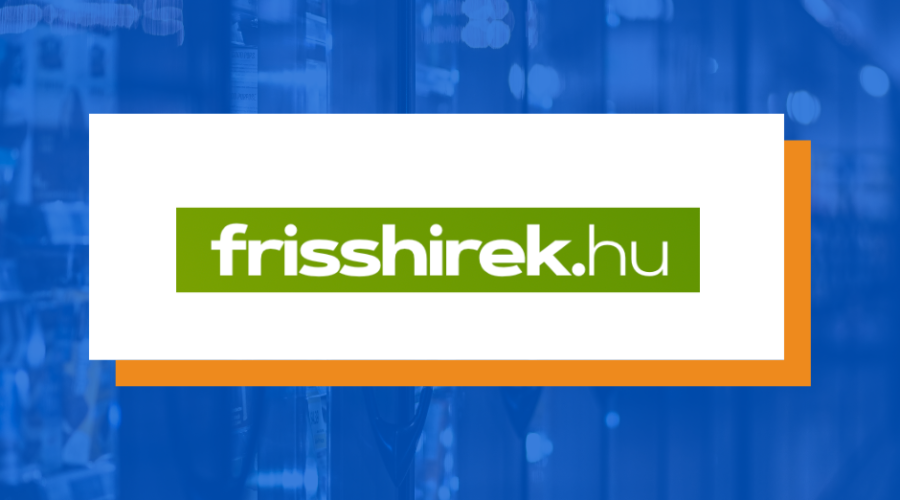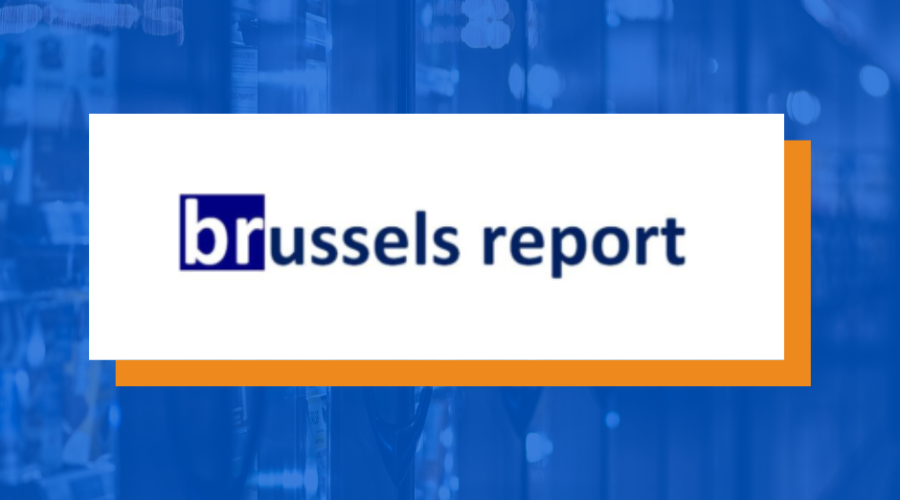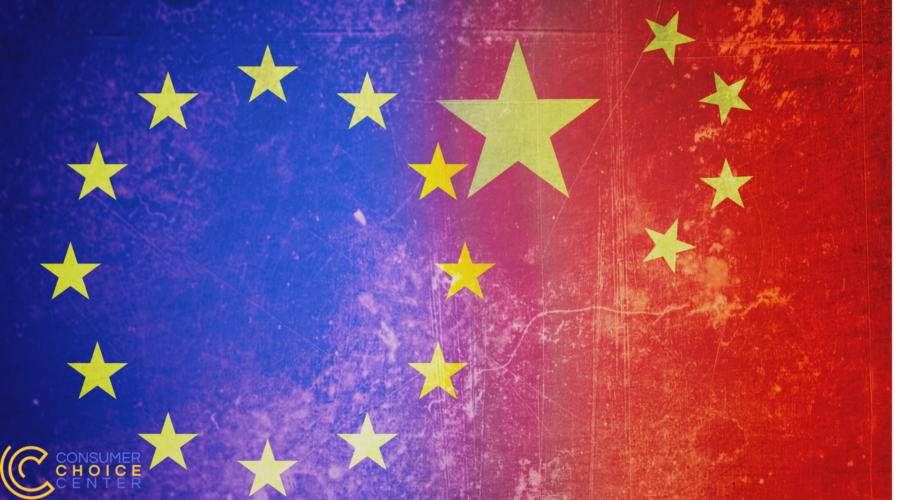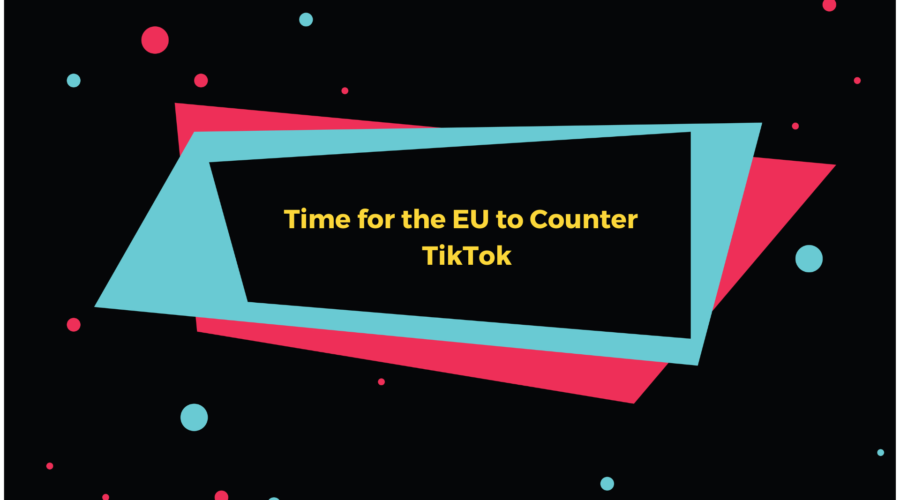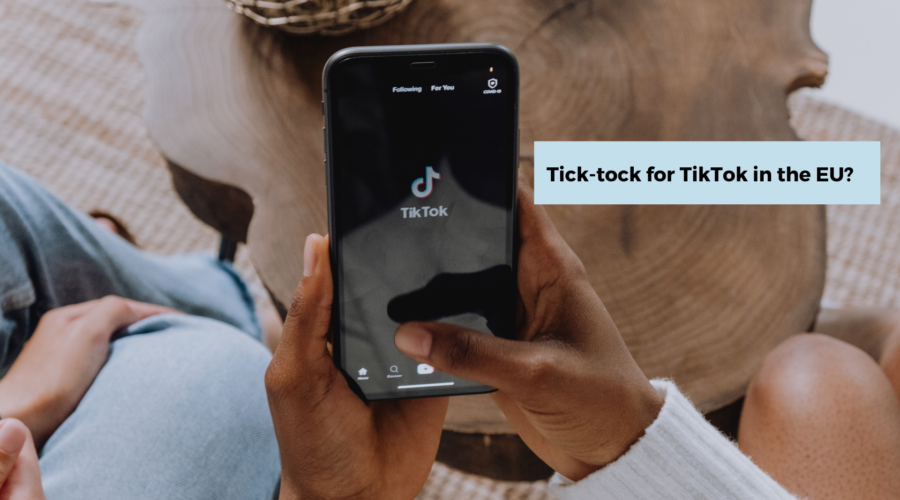Banning TikTok is Just the Beginning
The hype around banning TikTok on official government devices shows us that liberal democracies are beginning to take Chinese influence seriously, and the appeasing economic policies of the last two decades are soon to be a thing of the past. Are we late to wake up? Time will tell.
The debate regarding TikTok concerns something other than the app’s quality or what people use it for. It is about how China collects data to achieve an even larger scale. The Chinese Communist Party (CCP) is taking the AI competition seriously. To surpass its competitors, it needs a considerable quantity of data, through which the aggregate of useful information can help make its artificial intelligence more and more successful. One would argue that China has the advantage of having the largest population on Earth, so having a suitable aggregate at home is a plus. It is also clear that government-sponsored mass surveillance has been happening in China for a while. With the help of CCTVs, apps, different consumer tech devices, biometric mapping of citizens, and Internet surveillance, the communist country constantly monitors its citizens. Although the results are probably auspicious, China needs even more data about foreigners to perfect its AI project.
On the other hand, having an app on devices with sensitive information also going through can be dangerous for lawmakers. The apparent cybersecurity threat has forced EU lawmakers to enact new
legislation to ban TikTok on government-issued devices. Similarly, sensitive information can be tracked from the websites of organizations, schools, companies, and basically anything. American researchers showed many companies embed TikTok trackers called pixels on their sites. They studied many sites ending in .edu, .gov, and .org, only to find that most used these trackers without being aware of additional risks. It also entails that TikTok can track you even if you don’t use the app.
In the United States, the issue regarding TikTok was already raised by the Trump administration, but only at the end of 2022 did they finally come up with legislation to ban the app on government devices, plus many schools and states followed the example of the federal government.
Picking up on the American example of model legislation to regulate TikTok, the Consumer Choice Center launched a campaign in January to initiate similar rules and laws in the European Union. Raising awareness was imperative that the people understood the threat behind Chinese influence in Europe. Through different solutions, from a partial ban to complete divestiture of TikTok, the Consumer Choice Center has also looked at other types of Chinese economic influence and the diversity of Chinese tech that influences our everyday lives.
There is still much work to be done if Europeans want to avoid making the same mistake regarding tech dependence on China as they did in the case of Russian gas. Any energy, technology, or economic dependence will entail dire consequences for liberal democracies. As countries like Australia and the UK have already moved forward in restricting and banning other Chinese technologies, the European Union and the member states should consider taking further steps if they don’t want their citizens to be surveilled by a foreign nation.

